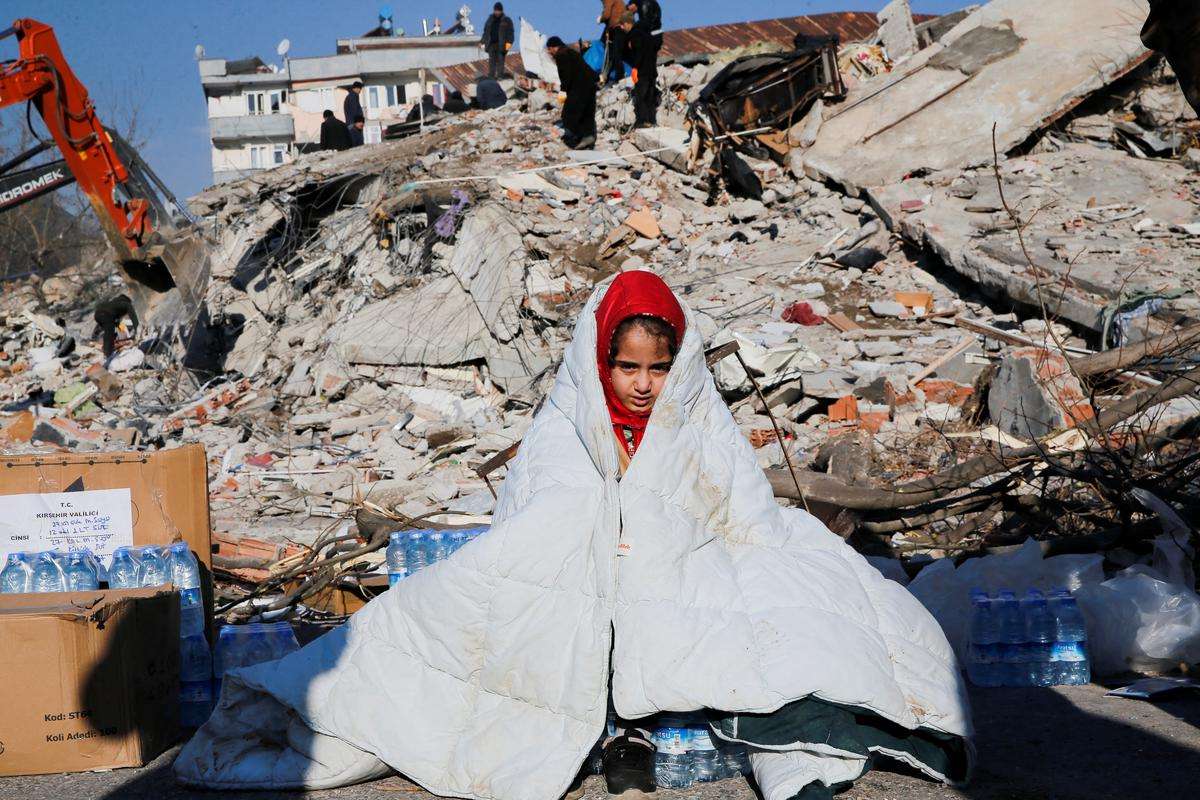Rebel-held areas near Turkey’s border cannot receive aid from government-held parts of Syria without Damascus’s authorisation.
“Put politics aside and let us do our humanitarian work,” the UN’s resident Syria coordinator El-Mostafa Benlamlih stated, warning, “We can’t afford to wait and negotiate. By the time we negotiate, it’s done, it’s finished.”
The total number of deaths in Syria is at least 2,992, including 1,730 in rebel-held areas in the northwest, according to the “White Helmets” civil defense group, as well as an additional 1,262 deaths in government-controlled parts of Syria, according to Syrian state media.
The toll for Syria remains relatively static – although aid agencies have warned that the number will likely be much higher.
Search and rescue efforts are still underway, bolstered by aid groups and countries that have rushed teams to the worst-hit areas, but they are battling grim conditions with thousands of collapsed buildings and freezing temperatures.
More than 298,000 people in Syria have been forced to leave their homes as a result of the deadly earthquake, a local official stated, according to state-run news.
Local Administration and Environment Minister Hussein Makhlouf said the earthquake’s death toll so far has risen to 1,262 and injuries have reached 2,258, in an apparent reference to the parts of Syria under government control and not those held by other factions.
“Our country is not qualified to deal with such disasters, especially with our exit from the war that caused the loss of 50,000 engineering machinery and equipment we desperately needed to use in this disaster, in addition to the economic sanctions applied to it,” Makhlouf noted Wednesday during a press conference in Damascus, state media reported.
Makhlouf added the government had also opened 180 shelters for displaced people.
“We do not deny the difficulty of the situation compared to the available capabilities. Weather also had an impact on the rescue operations and the provision of relief, but despite this, the relief cadres and doctors did not hesitate to provide all the requirements,” Makhlouf continued.
Syria’s government has ramped up its calls for the removal of economic US and EU sanctions in the aftermath of the devastating earthquake.
Relief groups working from government-controlled areas in Syria have pinned the lack of heavy machinery and medical equipment needed to remove rubble and treat the injured on the Western sanctions.
Most of the Syrian quake casualties have been reported in the northwest of the country, predominantly in the cities of Aleppo, Hama, Latakia and Tartus, according to the state news agency, SANA.
Half of northwestern Syria’s 4.6 million population have been forced out of their homes by the conflict, with 1.7 million now living in tents and refugee camps in the region, according to the UN children’s agency, UNICEF.
